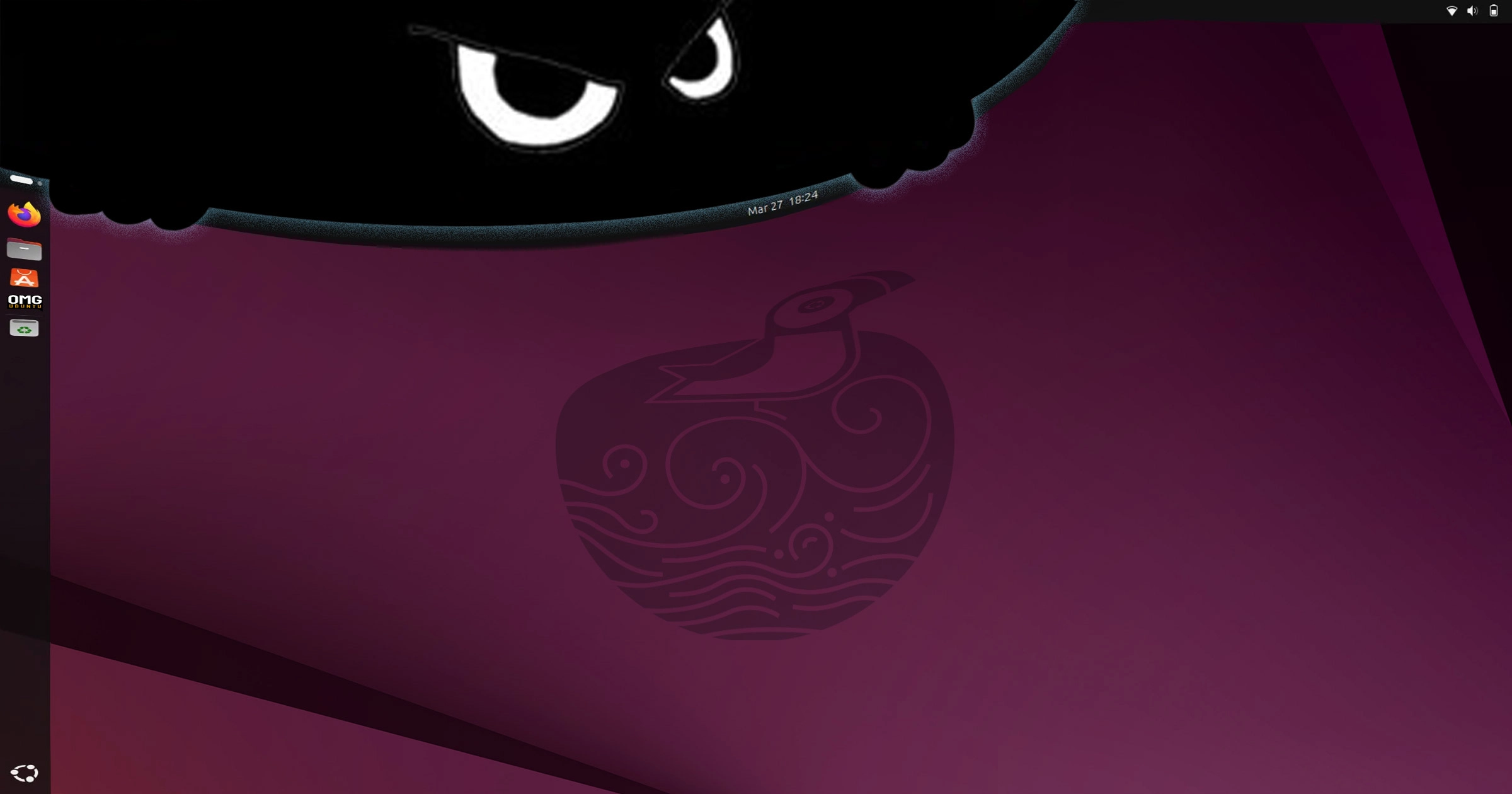Hysteria surrounding potential Linux malware has taken hold, primarily due to claims about a PPA being involved in distributing ransomware. The situation started when a user encountered issues with the WinBoat application, which allows Windows apps to run on Linux. After attempting to resolve a connectivity issue related to FreeRDP, the user added a custom FreeRDP PPA that seemingly resolved the problem. However, upon returning to their system after a prolonged absence, they discovered their home directory had been encrypted, leading to the assumption that the added PPA was malicious.
This alarming revelation spread rapidly across platforms like Reddit, amplifying fears without substantial evidence. In response to the claims, Canonical acted to remove the PPA, although some users had already downloaded its contents, and the developer responsible for the packages was banned from GitHub.
The primary concern here lies in the lack of proof. While Linux ransomware does exist, it is comparatively rare. With minimal information from the original poster (OP), some users conducted their investigations into the PPA’s contents. They reported not finding any suspicious binaries or payloads, leading to doubts about the validity of the claims.
Several analysts noted the setup involving WinBoat and FreeRDP, suggesting that the actual source of the malware might reside elsewhere. For example, malware targeting RDP, like Makop, could have been the real culprit, given the complexities inherent in running a full Windows installation, including potential vulnerabilities.
The OP later clarified that the infection did not manifest immediately after using WinBoat or FreeRDP and expressed regret for inciting fears that led to the banning of the developer’s account. This entire episode raises questions about the potential for misinformation and the volatility of reactions within the community regarding security.
As the situation unfolds, attention remains focused on any findings from Canonical regarding the PPA contents and the implications for the open-source community. The speed at which the situation escalated, coupled with the potential for user-generated outrage to disrupt projects, underscores the need for careful scrutiny in security matters.
For further information on the topic:
